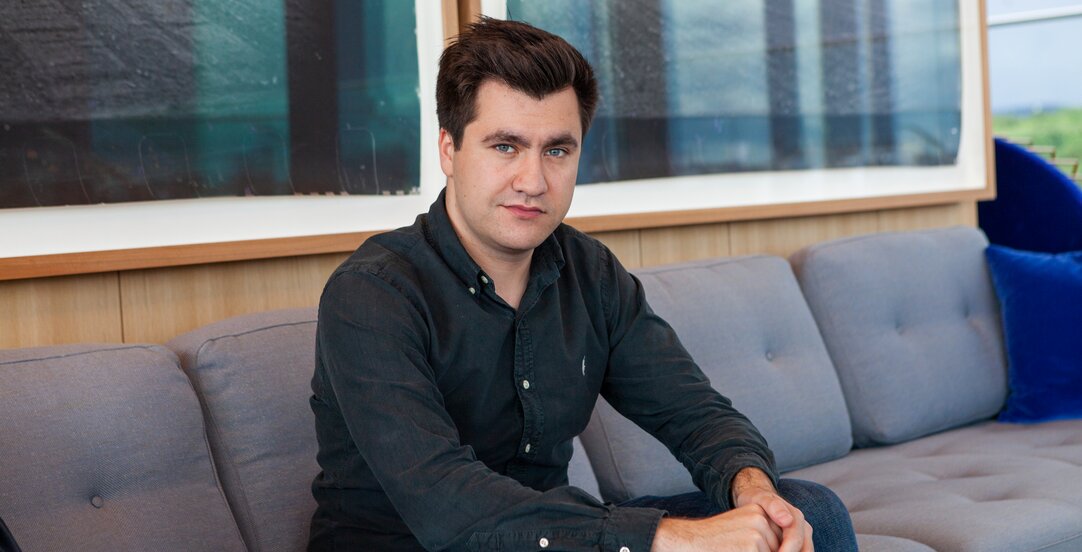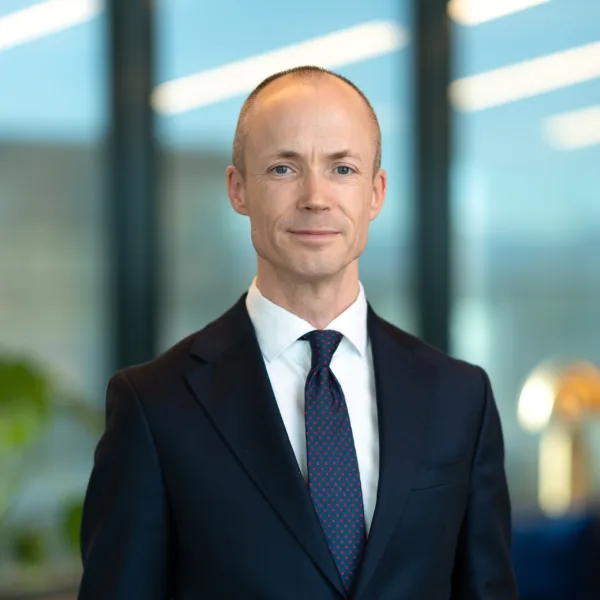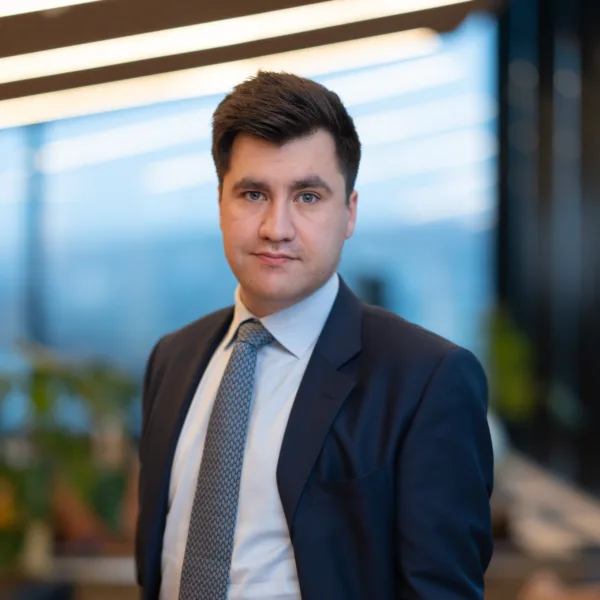Pro bono work led to family reunion

Every year the Norwegian immigration authorities process a number of applications that result in rejection or expulsion. When all rights to appeal has been exhausted, few options remain for a party with limited financial resources to have the decision re-examined. Our pro bono work and collaboration with the Norwegian Organisation for Asylum Seekers (NOAS ), an organisation working to advance asylum seekers' rights in Norway, allows Wikborg Rein to assist in the re-examination of cases often involving court proceedings.
The Immigrations Appeal Board (UNE) considers appeals against the Directorate of Immigration's (UDI) decisions in asylum cases, for instance in denying a person residence. UNE's decisions are often the immigration authorities' final decision in the relevant case. Some decisions may be argued as invalid and may be brought before the Courts. Invalidity may be due to error in the procedure upon which the decision is based, application of law or the decision may entail a disproportionate interference in fundamental human rights. In such cases NOAS may refer cases considered to be suitable for judicial review to Wikborg Rein, who in turn will pursue the decision before the Courts without the party to the relevant decision having to pay.
Family reunification
Kevin Brandsrød is an associate at Wikborg Rein's offices in Oslo and is a part of the firm's litigation and arbitration practise. He recently finished his second pro bono case, both ending in success. Kevin finds it rewarding to work on these cases.
- One can make a difference in a person's life, which is quite nice, says Kevin.
The last case Kevin worked on was a family reunification case where the mother applied for reunification with the father who is a Norwegian citizen. The mother and the father are married and have a Norwegian child living with the mother in a foreign country. The immigration authorities rejected the reunification, referring that the father did not fulfil the requirement to support. In order to fulfil the requirement to family reunification, the person living in Norway (the reference person) must have a certain income, and be able to support the family. If the reference person does not fulfil this requirement, the authorities may reject family reunification. However, people receiving disability benefits are exempted from the support requirement. In the relevant case, it was established that the father was disabled, but he did not meet the requirement to receive disability benefits as he had not lived in Norway for three years when he became disabled, which is the requirement for receiving disability benefits pursuant to the National Insurance Act.
- The immigration authorities may make individual exceptions from the support requirement, if so-called strong human considerations so require. In this case the authorities did not consider such considerations to exist, and stated that the child, as Norwegian citizen was free to come to Norway or that the father himself could move to the family abroad. As the father's health was very poor, making him unable to care for the child alone in Norway and at the same time being dependent on the Norwegian health service, we considered this an unreasonable decision, Kevin says.
He continues: - The child has, as any other Norwegian citizen, the right to benefit from the Norwegian welfare system. The child has a right to grow up in Norway and a right to make use of its Norwegian identity. This has been established by the Supreme Court in the Maria-judgment (HR-2015-00206-A).
In the writ of summons Kevin argued that if the child had to remain abroad, this would constitute a violation of the child's rights as a Norwegian citizen. If the child came to Norway and the mother would have to remain abroad, the public authorities would most likely have had to take custody of the child. Kevin argued that the latter would entail a disproportionate interference in the child's right to family life.
The main proceedings in this case were to be held in August 2020, but in early July the state altered the decision and gave the mother and the child residence permits to Norway. Kevin is very happy with the result.
- What is particularly rewarding in these cases is the huge impact they have on the client's lives. You are able to see things from a different perspective when human lives are so brutally affected. When I told the clients about the result, they were so happy. Their lives had been put on hold for so many years and they finally had a solution. It feels good to have contributed, Kevin says.
A way of obtaining the practising license
Partner Ola Ø. Nisja says that cases like this can be a part of the experience the associates need to get their practising license.
- We are building Norway's strongest expertise within dispute resolution. If we are to maintain this, we have to have an adequate intake of litigation cases for the younger lawyers. Both this aspect – and the fact that the pro bono cases often are rewarding in themselves – makes these cases a good way of obtaining the practising license, Ola says.
Kevin agrees and adds that the pro bono cases also give him good insights to court proceedings.
- When the case lands on our desk it has been processed by the authorities. The first thing we do is to file a notice of claim/application for change of decision, and if the authorities reply that they will not change the decision, we file a writ of summons. This formally brings the case before the Courts. In the writ of summons we present the facts and legal basis that supports that the decision is invalid.
Ola Ø. Nisja adds that Kevin did an impressive and solid work on the case. Kevin's procedure was that of a good litigation lawyer, he worked well through the writ of summons and established the errors in UNE's decision.

